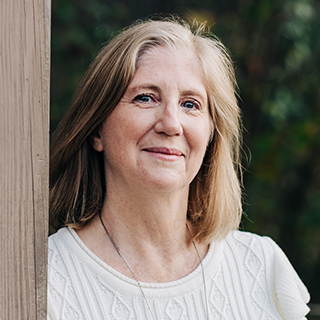Childhood trauma is never easy to discuss as an adult. But, it’s that very problem that can fuel the fires and increase the risk for future adult trauma.
If you experienced any kind of traumatic event as a child, it’s not uncommon to carry the weight of that with you into adulthood. Some may try to repress those memories. Others might be triggered by certain things. Much of it depends on the type of trauma you experienced.
While physical and sexual abuse are the most widely known types of childhood trauma, it can include many other factors. Bullying, a natural disaster, an accident, or witnessing a death can all be forms of trauma that might increase your risk of experiencing more trauma as an adult.
So, what’s the real connection? What can you do to reduce that risk?
The Physical Effects
It’s important to note that childhood trauma often comes with lasting mental and physical health issues. We’ll cover some of the mental health problems later. But physical conditions can also contribute to future trauma if you feel weak or unable to take care of yourself properly.
Some of the most common physical ailments that can stem from childhood trauma include:
- Asthma
- Heart disease
- Diabetes
- Stroke
Health complications not only can weaken your physical state, but they can make you more susceptible to traumatic events like a heart attack or chronic illness. Going through an experience like that will take a toll on your body. But, it will also continue to take a toll on your mental health.
Struggles With Relationships
Childhood trauma can also increase your risk for trauma in relationships as an adult. If you were physically, verbally, or sexually abused as a child, you might seek relationships in your life that feel “familiar”.
Unfortunately, that isn’t necessarily a good thing for a trauma victim.
It’s not uncommon for childhood trauma survivors to be in abusive relationships. They may hate it and know it’s wrong, but it’s what they know and what they’re used to. In doing so, you’re setting yourself up for additional trauma throughout your life. If you have children with an abusive partner, you could also perpetuate the cycle.
The Mental Health Issues
When childhood trauma isn’t addressed or treated, it can lead to a variety of mental health conditions as an adult. Some of the most common include anxiety and depression. Some adults may even deal with PTSD.
Trauma is one of the biggest contributors to anxiety. Unfortunately, adults who experienced childhood trauma may not fully realize the impact of what they went through. That makes it harder to understand your anxiety and feel the full impact of where it stems from. As a result, you might not seek help right away.
Depression fueled by childhood trauma can be even more dangerous as an adult. When you feel a sense of hopelessness and helplessness, it’s easy to fall into bouts of self-harm or even have suicidal thoughts.
The physical, mental, and relational struggles you might experience as an adult stem from somewhere. If you experienced any kind of trauma as a child, there’s a good chance it’s a major culprit.
Thankfully, it’s never too late to seek the help you need and deserve. If you went through a traumatic event as a child, now is the time to bring it to the light. It may be silently controlling you and you don’t even realize it. Recognizing the trauma, learning how it’s affecting you today, and taking back control will help to reduce the risk of trauma as an adult, and can improve your overall quality of life.
